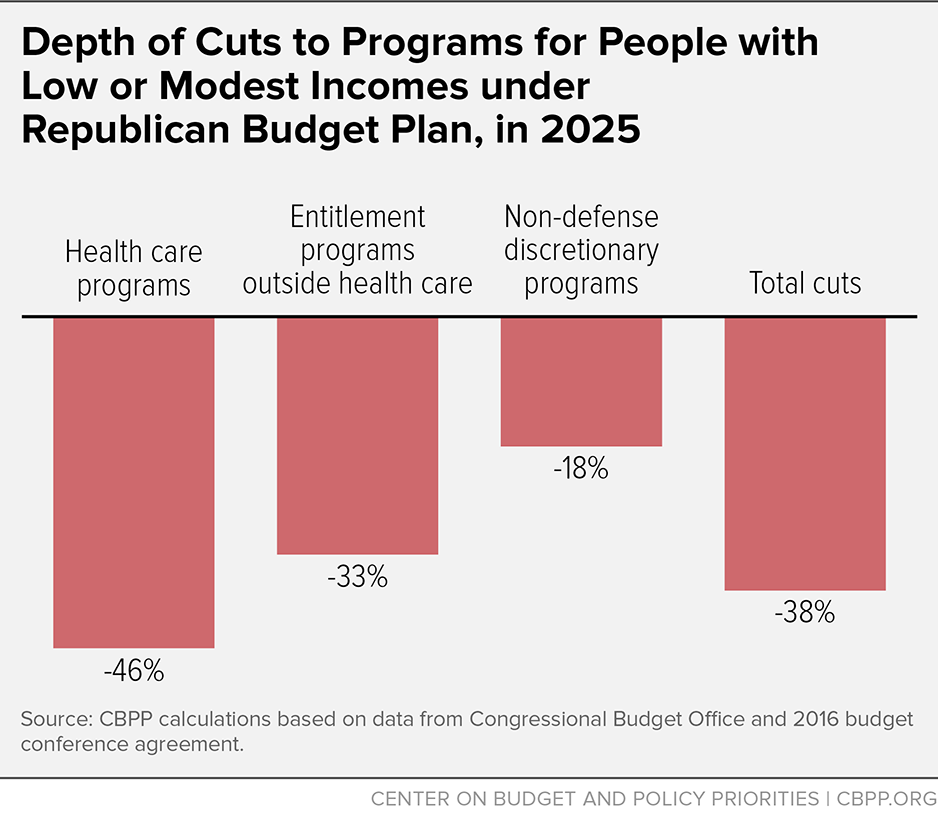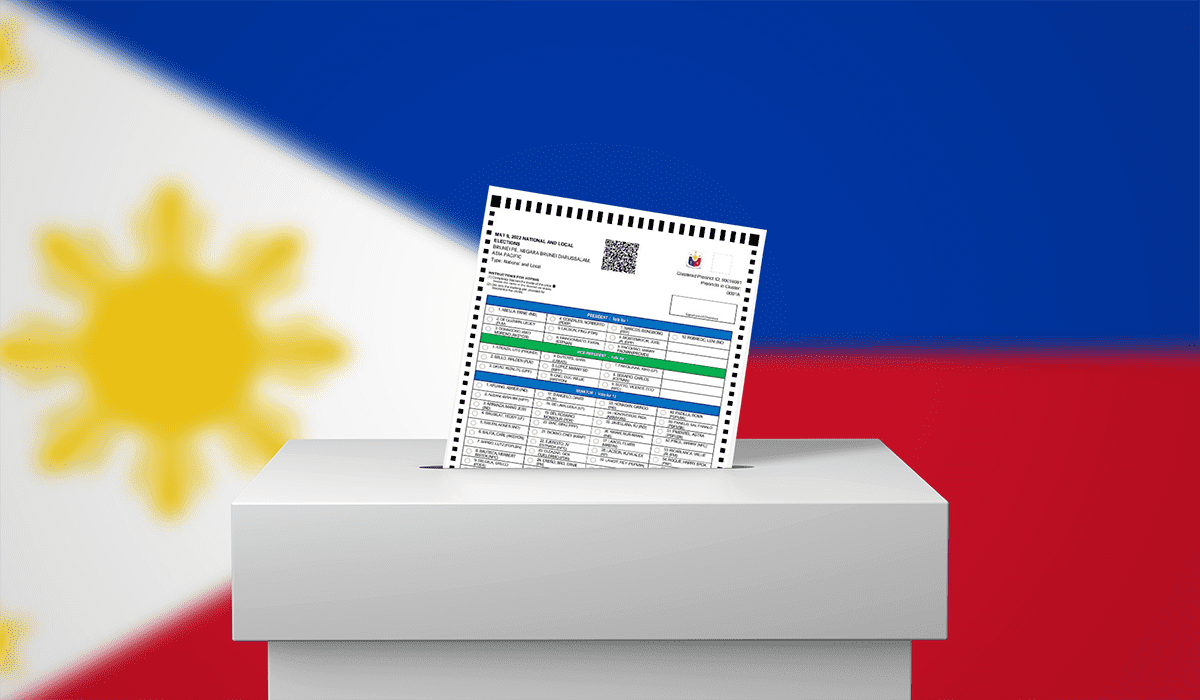Republican Budget Bill Targets Drug Middlemen: Reform Efforts Resurface

Table of Contents
Understanding the Role of Drug Middlemen (PBMs)
What are Pharmacy Benefit Managers (PBMs)?
Pharmacy Benefit Managers (PBMs) are third-party administrators of prescription drug programs for insurance companies, employers, and government agencies. They negotiate drug prices with pharmaceutical manufacturers, create and maintain formularies (lists of covered drugs), and process prescription drug claims. Essentially, they act as intermediaries between drug manufacturers, pharmacies, and insurance providers. Their influence on prescription drug pricing is substantial.
Concerns Regarding PBM Practices
PBMs face significant criticism regarding several aspects of their operations, impacting pharmaceutical pricing and patient access. Key concerns include:
- Spread Pricing: This controversial practice involves the difference between the amount a PBM pays a pharmacy for a drug and the amount it reimburses from the insurer. The PBM pockets the difference, leading to accusations of inflated profits at the expense of patients and pharmacies.
- Rebates and Their Impact on Patient Cost-Sharing: PBMs often negotiate rebates from drug manufacturers, but these rebates don't always translate into lower costs for patients. Instead, they can be kept by the PBM, leading to higher patient cost-sharing through co-pays and deductibles. This lack of transparency regarding rebate usage is a major source of criticism.
- Lack of Transparency in Their Operations: The complex and opaque nature of PBM operations makes it difficult to assess their impact on drug pricing and patient access. The lack of standardized reporting and disclosure requirements further exacerbates this issue.
- Potential Conflicts of Interest: Some PBMs own mail-order pharmacies, creating potential conflicts of interest when directing patients to their own pharmacies for higher profits.
Examples: A recent report by the [insert credible source, e.g., Government Accountability Office] highlighted significant variations in PBM practices and their impact on prescription drug costs across different states. News articles have also detailed instances of PBMs prioritizing profits over patient access to affordable medications [insert news article links].
Key Provisions of the Republican Budget Bill Targeting Drug Middlemen
The Republican budget bill includes several provisions aimed at increasing transparency and regulating PBM practices:
Specific Measures to Increase Transparency
The bill mandates that PBMs disclose rebates and fees they receive from drug manufacturers to payers (insurance companies). This increased transparency aims to shed light on the financial incentives driving PBM decision-making and allow for better scrutiny of their practices.
Regulations to Limit PBM Practices
The proposed regulations aim to curb practices like spread pricing by either prohibiting it outright or setting strict limits on the allowable spread. Additionally, it may introduce stricter controls on how PBMs use rebates to ensure that savings are passed on to consumers.
Potential Impact on Drug Prices
The bill's potential impact on drug prices is complex. While proponents argue that increased transparency and stricter regulations will lead to lower costs for consumers, critics contend that it could lead to higher drug prices for patients due to reduced competition and other unintended consequences. The pharmaceutical industry's reaction and potential lobbying efforts will significantly influence the bill’s final impact.
Key Provisions Summary:
- Mandatory disclosure of rebates and fees.
- Limits or prohibition on spread pricing.
- Increased oversight of PBM formularies.
- Enhanced consumer protections against surprise billing.
Historical Context: Past Attempts at PBM Reform
Previous Legislation and Their Outcomes
Numerous attempts at PBM reform have been made at both the state and federal levels. Some states have enacted legislation addressing specific PBM practices, while others have explored broader reform initiatives. However, the results have been mixed. Many prior attempts have faced considerable industry lobbying, resulting in watered-down legislation or outright failure.
The Political Landscape Surrounding PBM Reform
The current push for PBM reform reflects a growing bipartisan recognition of the need to address rising prescription drug costs. However, the political landscape remains complex, with powerful industry lobbyists opposing significant changes. The likelihood of the bill's passage depends on factors such as the level of bipartisan support, the strength of industry opposition, and the overall political climate.
Past Legislative Efforts Summary:
- [Insert examples of past legislation and their outcomes. Include links to relevant bills or reports].
Potential Challenges and Criticisms of the Republican Budget Bill
Industry Pushback
The pharmaceutical industry and PBMs are expected to strongly oppose the bill, potentially launching lobbying campaigns and legal challenges to prevent its implementation. Their opposition will likely be based on claims that the regulations are overly burdensome, stifle innovation, or ultimately lead to higher costs.
Unintended Consequences
Critics raise concerns about potential unintended consequences, such as reduced access to medications due to less favorable contracts with pharmaceutical manufacturers or increased administrative burdens on pharmacies and health plans. The potential impacts on smaller, independent pharmacies are of particular concern.
Potential Criticisms Summary:
- Industry lobbying and legal challenges.
- Reduced competition in the pharmaceutical market.
- Higher administrative costs for insurers and pharmacies.
- Limited impact on overall drug prices.
Conclusion
The Republican budget bill represents a significant attempt to address the influence of drug middlemen on prescription drug costs. Its key provisions focus on increasing transparency in PBM operations, regulating practices like spread pricing, and enhancing consumer protections. While the bill aims to lower drug prices, it faces significant challenges, including potential industry pushback and the possibility of unintended consequences. The ultimate success of this bill and similar reform efforts will hinge on its ability to navigate the complex political landscape and achieve meaningful change while balancing the interests of patients, pharmacies, and pharmaceutical manufacturers.
This renewed focus on tackling the issue of high drug prices through targeting drug middlemen highlights the urgency of this critical issue. Stay informed about the progress of this and other initiatives focused on lowering prescription drug costs and making medications more affordable. Continue to advocate for reform efforts related to drug middlemen to ensure fair and transparent pricing in the pharmaceutical industry.

Featured Posts
-
 Miami Open Sabalenka Defeats Pegula For Victory
May 13, 2025
Miami Open Sabalenka Defeats Pegula For Victory
May 13, 2025 -
 Philippine Midterm Elections Results Dutertes Influence Remains Strong
May 13, 2025
Philippine Midterm Elections Results Dutertes Influence Remains Strong
May 13, 2025 -
 Duke Vs Oregon Your Guide To Watching The Ncaa Tournament Matchup
May 13, 2025
Duke Vs Oregon Your Guide To Watching The Ncaa Tournament Matchup
May 13, 2025 -
 Landman Season 2 Casting News Demi Moore Role Controversy Resolved
May 13, 2025
Landman Season 2 Casting News Demi Moore Role Controversy Resolved
May 13, 2025 -
 The Significance Of Ethan Slater In Elsbeth Season 2 Episode 17
May 13, 2025
The Significance Of Ethan Slater In Elsbeth Season 2 Episode 17
May 13, 2025
